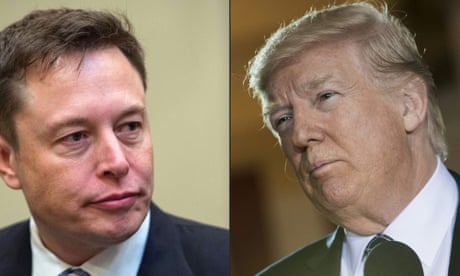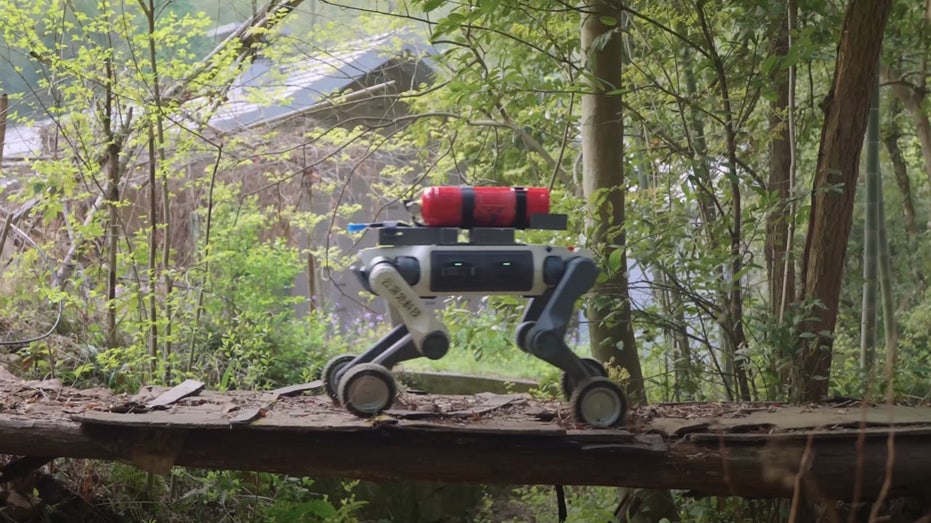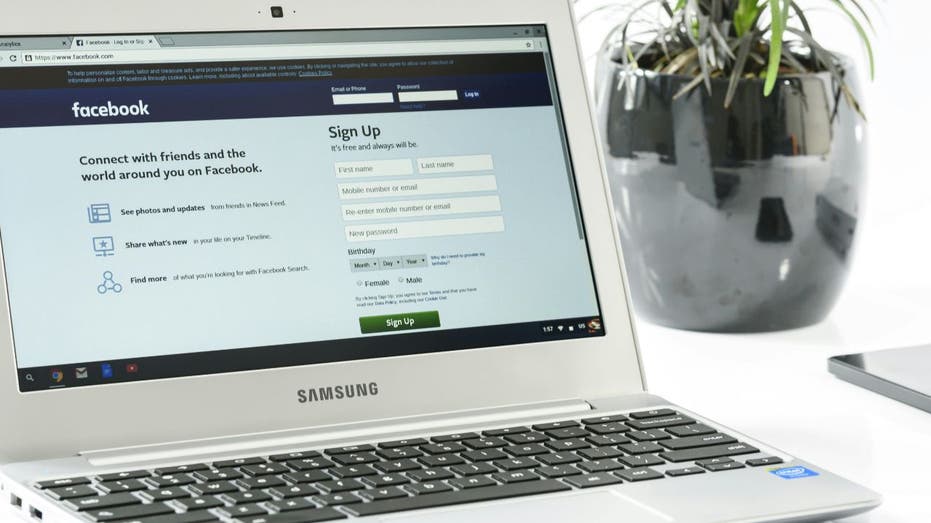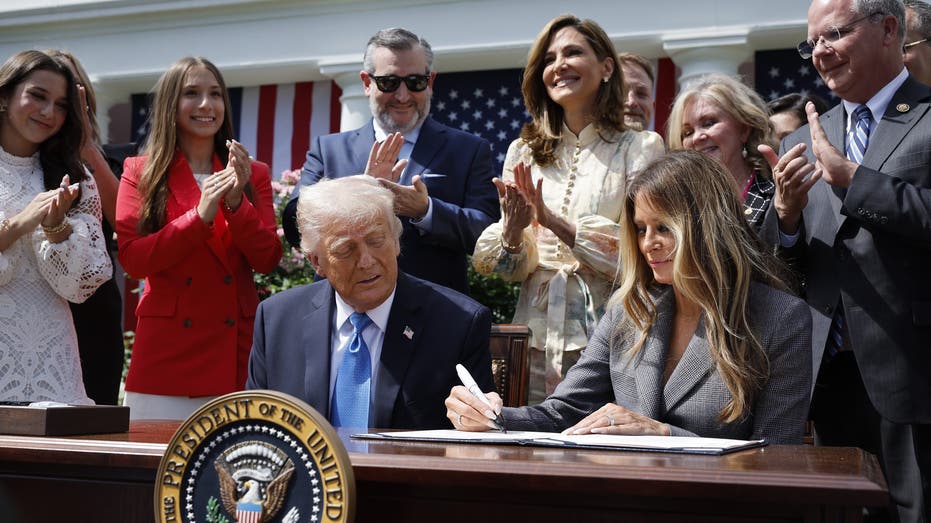- by foxnews
- 23 May 2025
Could Elon Musk’s Twitter plans prove a costly mistake?
Could Elon Musk’s Twitter plans prove a costly mistake?
- by theguardian
- 27 Apr 2022
- in technology

Welcome back Donald Trump, Katie Hopkins, David Icke and Alex Jones? These are just some of the Twitter accounts that could be reinstated if the platform's new owner-in-waiting, "free speech absolutist" Elon Musk, practices what he preaches.
All of those accounts have been permanently suspended from the platform for infractions that include, most notoriously, the former US president's alleged support for the Capitol riot on 6 January last year. Their reinstatement now appears to be back in play given that the world's richest man has agreed a $44bn (�35bn) takeover of the platform that banned them and has stated that "free speech is the bedrock of a functioning democracy".
Trump said on Monday he has no intention of rejoining Twitter and is sticking with his rival TRUTH Social network, but Musk may give him an opportunity to recover his more than 88 million followers.
Speaking at a TED conference this month, Musk said he was "very cautious with permanent bans" and would prefer a timeout system for account holders who break Twitter's conduct guidelines. Given that Hopkins, a British rightwing commentator, was permanently suspended for breaching the site's "hateful conduct" policy, her readmission would immediately lessen the stringency of rules in place to prevent threats against people on the basis of "race, ethnicity, national origin, caste, sexual orientation, gender, gender identity, religious affiliation, age, disability, or serious disease".
Imran Ahmed, chief executive of the Center for Countering Digital Hate (CCDH), a US and UK-based non-profit organisation, says reinstating accounts banned for serious breaches would be a mistake. "If they have been banned for serial breaches the only way Musk can reinstate them is to say the rules don't exist any more, which would show an appalling lack of judgment."
At the same conference, Musk also said people should be able to speak freely "within the bounds of the law" and Twitter should follow the laws of the countries in which it operates. Regardless of changes to the site's suspension guidelines, it is hard to imagine historic tweets by Hopkins, whose posts have included comparing migrants to cockroaches, sailing past legislation like the UK's upcoming online safety bill, which will require social media platforms to protect their users from harmful content.
However, Silkie Carlo, the director of UK privacy campaign group Big Brother Watch, says the online safety bill is a censor's charter because it will give the government the power to set boundaries of acceptable speech online by regulating posts deemed "legal but harmful".
"Billionaires' ownership of the online public square is not a new development but it does bring into focus the need to empower citizens and ensure that rights are protected online," she says.
"Unfortunately, the UK government is taking us in the opposite direction with the online safety bill, which will place more power in the hands of a small number of people to police our online conversations."
In the European Union, the 27 member countries are implementing the Digital Services Act, which requires the likes of Twitter and Facebook to do more to tackle illegal content or face multibillion-euro fines. On Tuesday the EU's internal market commissioner, Thierry Breton, warned Musk that he must adhere to the DSA. Progress in the US is slower, in part due to the first amendment protecting free speech, although there are attempts within Congress to introduce internet safety legislation.
Rebecca Allensworth, the professor of law at Vanderbilt University in the US, says the first amendment will protect Twitter and Musk against any pressure on moderation policies. "American free speech law is essentially just the first amendment, which only constrains government actors, not a company like Twitter or a person like Elon Musk. In fact, Twitter itself (and Musk) probably enjoy at least some first amendment rights against the government meddling in moderation and deplatforming choices." Nonetheless, perhaps the most consequential recent comment by Musk will be the reference to operating within the bounds of the law.
Musk's reference to free speech in his statement reflected a commitment to transparency. He referred to "authenticating all humans", which has implications for anonymity on the platform, although it was also followed by a reference to eliminating bots - automated accounts that send out posts regularly - that are a particular bugbear of Musk's. According to Damian Collins MP, the conservative chair of the joint committee into the online safety bill, bots are overwhelming free speech by real account holders on Twitter and gaming the platform's algorithms to suppress dissenting voices.
"It has become a place where free speech is drowned out by coordinated armies of bot accounts spreading disinformation and division," says Collins.
In his statement Musk also committed to making Twitter's algorithm, which curates what readers see, open-source. This means users - and regulators - will be able to look into the workings of how Twitter distributes content to users but also implies that developers could create custom-made algorithms to promote their own content too. The idea of giving users more control over algorithms has already been endorsed by the platform's co-founder, Jack Dorsey.
But commercial interests could represent a constraint for Musk. He has broached removing advertising on Twitter's premium service, Blue, but ads account for 90% of Twitter's $5bn in annual revenue. He will need cashflow to service the debt on a $46.5bn funding package and if advertisers are going to help out, they will want a positive platform.
- by foxnews
- descember 09, 2016
United Airlines flight returns to Hawaii after concerning message found on bathroom mirror; FBI investigating
United Airlines Flight 1169 to Los Angeles returned to Hawaii after a "potential security concern" aboard the plane. The FBI and police are investigating.
read more





